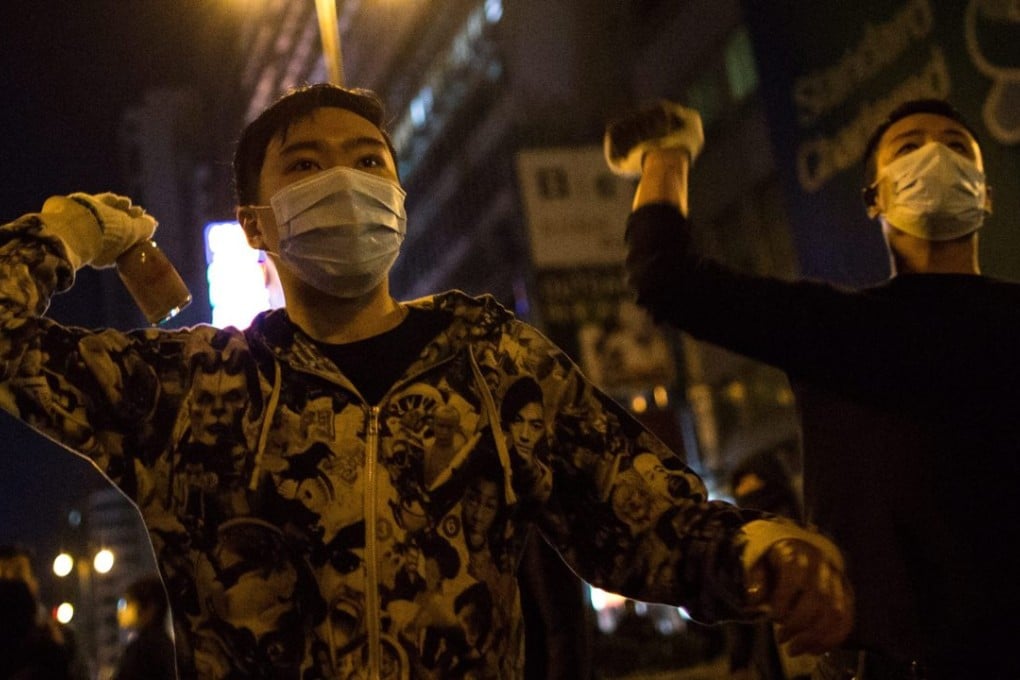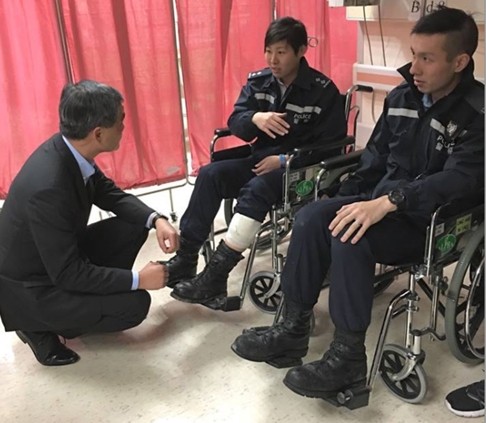After the riots in Mong Kok, Hong Kong must come together and say ‘no’ to violence
Paul Yip says only through rational action can the city’s frustrated young people win the support of the community, achieve progress and help heal the rift in society

The rioting in Mong Kok on the first day of the Lunar New year was disturbing and unsettling. Reportedly, it stemmed from the mishandling of a crackdown on illegal hawkers which became the catalyst for violence. Yet, protesters wore masks and used bricks, metal rods and broken bottles to target the police and journalists, with no concern about causing serious injury.
READ MORE: Angry Hong Kong police criticise ‘feeble’ senior management over Mong Kok riot arrangements
This was very different from what Hong Kong experienced in the Occupy Central movement in 2014. As a result of the Mong Kok riot, some 130 people were admitted to hospital, with almost 90 police officers and five journalists injured. Neither the police nor the public could have anticipated or been prepared for this sort and level of violence in Hong Kong and it is fortunate that no one was killed. It is disgusting to hear some of the irresponsible comments from a “localist” group, who saw it as only a minor incident.

The rift in the community seems to be getting bigger and trust is a scarce commodity right now
If we learned anything from the Occupy movement, it is that a peaceful and orderly manner can earn the respect and support of the community. It should be remembered that it was the violent clashes with police that eroded community support later on. Also, Occupy organisers missed opportunities to engage the government and seek concessions.

It is the time for the whole community to come together and say a loud and clear “no” to such destructive action, which was in no way meant to protect unlicensed hawkers.
We have taken for granted many features which others can only dream about
Hong Kong is a world-class city, and renowned as a free and safe society. Undoubtedly, we are facing real challenges, but we need to work hard to make Hong Kong more successful than ever. We need to add value to turn the city into a regional education and training hub par excellence, into a research and innovation centre, and a place where high quality and high standards champion our cause. Violent behaviour not only damages our own development, it weakens our bargaining power for political reform, too.